We understand how complex, how terrible, how wonderful, how joy-filled, how exquisite, that existence can be; and that, perhaps, our time on this planet should not be made more difficult by the time we spend living on it together.
Theatre can be a helpful tool for seeing other people. My mother took me to see lots of theatre—lots of children’s theatre—but I saw my first professional full length show when I was twelve, and it was August Wilson’s Joe Turner’s Come and Gone at the Huntington Theatre Company in Boston, MA for a field trip.
I repeat: My first professional full length show was when I was twelve and it was August Wilson’s Joe Turner’s Come and Gone. This. Was. Amazing: Black people telling these stories on their own terms—okay, Mr. August Wilson’s terms. But it was the first time I had ever seen a story about black people that was not a musical and I was transfixed.
And I knew I wanted to be able to do what August Wilson did. I wanted to create stories for black people where we were not on the peripheries but in focus.
But I had no idea how.
Which is ridiculous.
I know one reason, aside from it being a wonderful play, our seventh grade teachers brought us to the theatre was to see this work by a black writer; to be able to show us this work could be done.
But instead, I didn’t think being a black writer was possible. And I thought being a black female writer was absolutely impossible.
So I kept my ambition to myself. It was much easier to tell people I wanted to be a doctor (I entered college as pre-med), than allow anyone to see the real parts of me that were hungry for this creative life that was unusual and risky and provocative to the people of suburban Arlington, MA.
"It’s okay to write about you.” Seen. It was one of the most affirming things; one of the things that has most changed my artistic trajectory in my life.
Thanks to some inspiring teachers in high school and college, though, I ended up in playwrighting workshops at Wesleyan and on to the Playwright’s Workshop at Iowa.
Since Iowa is in the middle of the corn, basically, the MFA Writing program at that time brought in a lot of guest artists for its students to work with, and that first year it brought in Oscar Eustis, who is now the Artistic Director at the Public Theater. Oscar read all of our plays and then had one-on-one meetings with us.
I’d given him a play that had gotten me a lot of attention—it had gotten me into grad school, won some awards—and Oscar, during our one-on-one, said, this is a good play.
I said, “Thank you.”
Oscar said, “But, I want to ask: Where are you from?”
I said “Boston.”
“No, really.”
“Um, Arlington. The suburbs.”
“And what do your parents do?”
“Um. My mom’s a social worker and my dad was a lawyer?”
“These characters. This play sounds like you’re not from there. It’s okay to write about you.”
Seen.
It was one of the most affirming things; one of the things that has most changed my artistic trajectory in my life.

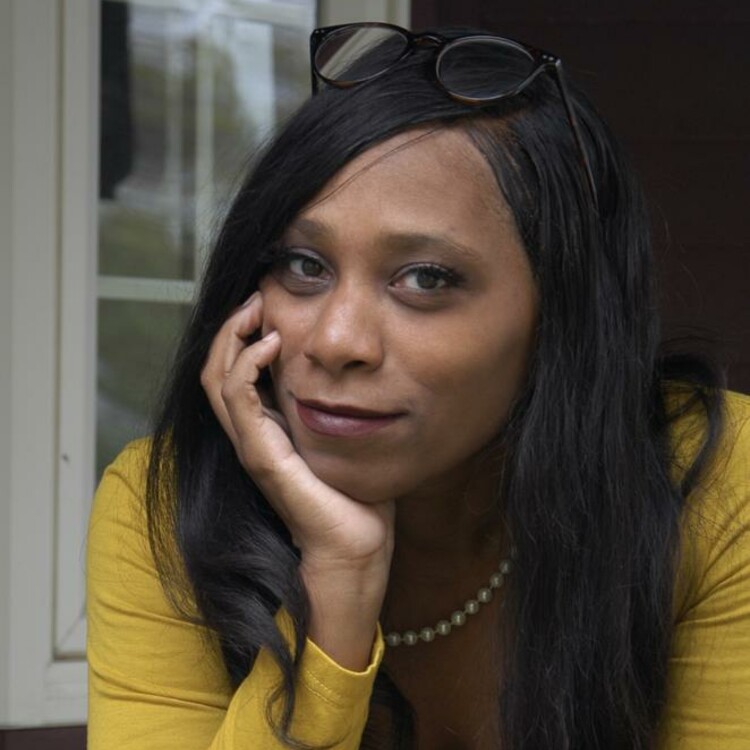
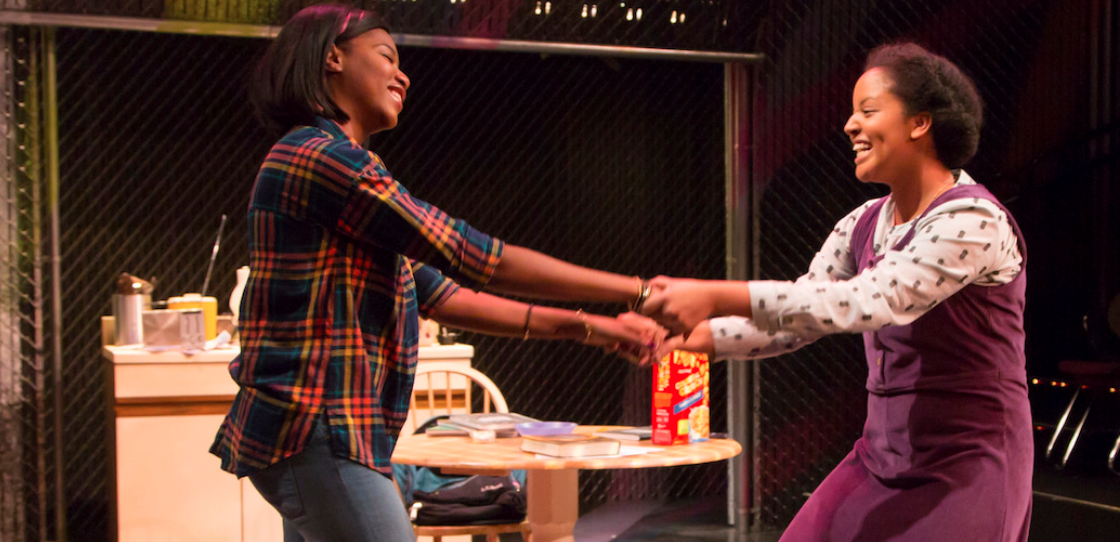
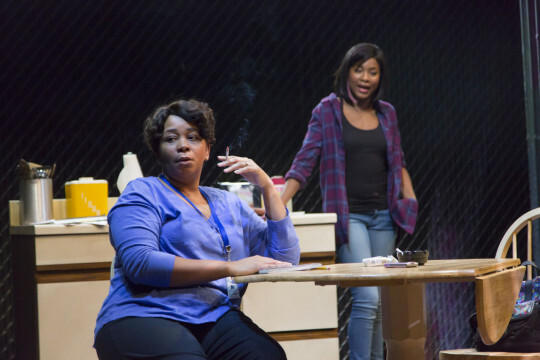
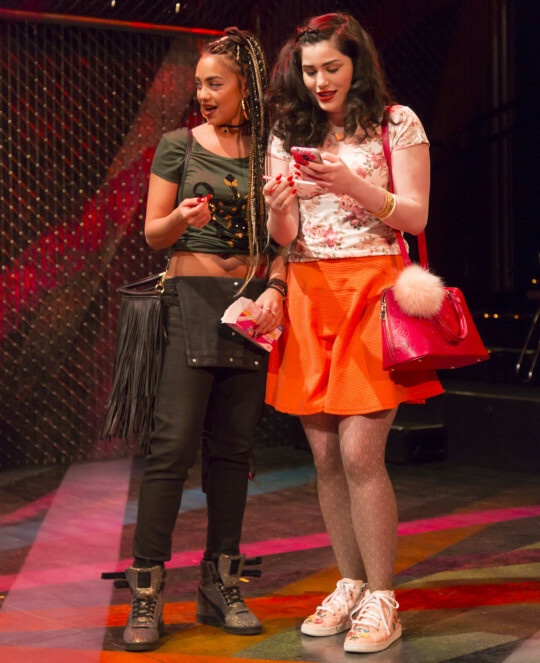
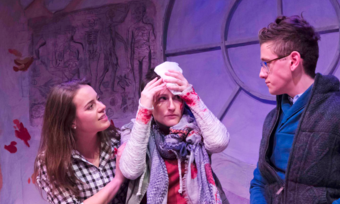


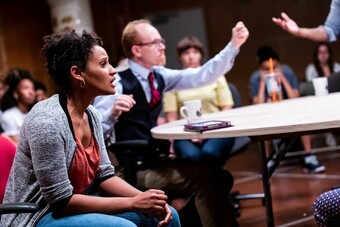




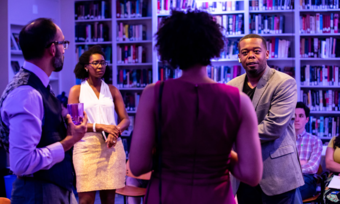

Comments
The article is just the start of the conversation—we want to know what you think about this subject, too! HowlRound is a space for knowledge-sharing, and we welcome spirited, thoughtful, and on-topic dialogue. Find our full comments policy here